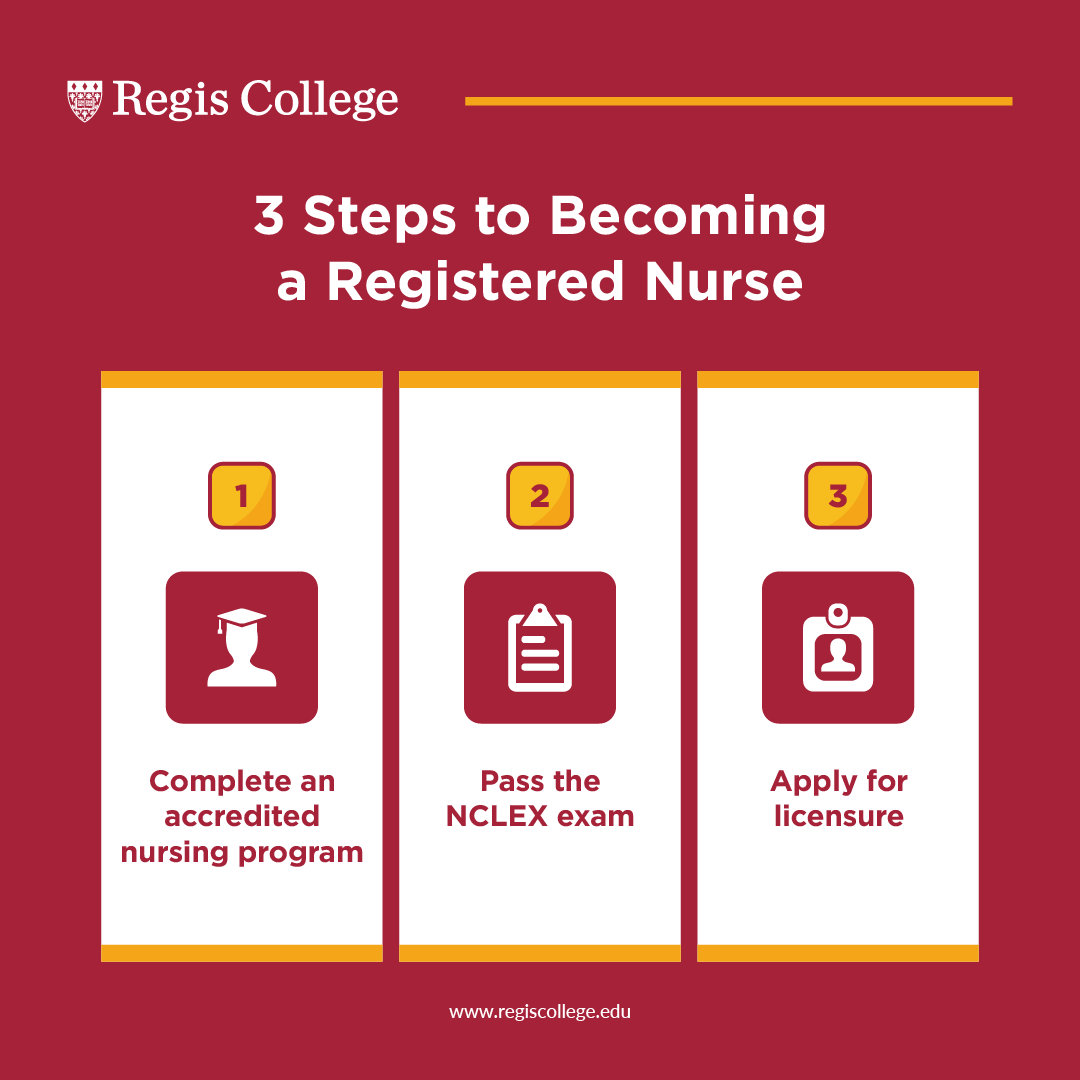How Long Do It Take To Become A Nurse Practitioner

The demand for healthcare is growing, and with it, the critical need for qualified advanced practice providers. Among these, Nurse Practitioners (NPs) stand out, offering expanded healthcare services and often filling crucial gaps in access, particularly in underserved communities. But the path to becoming an NP is a rigorous one, demanding significant dedication and time investment.
Understanding the timeline involved in becoming a Nurse Practitioner is crucial for aspiring healthcare professionals. It's a multi-stage process involving education, clinical experience, and national certification. This article breaks down the steps, providing a comprehensive overview of the duration and requirements.
Educational Foundation: Becoming a Registered Nurse
The journey to becoming an NP begins with becoming a Registered Nurse (RN). This fundamental step has two primary pathways.
First, an Associate Degree in Nursing (ADN) can be completed in approximately two to three years. Graduates of ADN programs must then pass the NCLEX-RN examination to become licensed RNs.
Alternatively, a Bachelor of Science in Nursing (BSN) degree typically takes four years to complete. A BSN program offers a broader foundation in nursing theory, leadership, and research, often seen as advantageous for aspiring NPs. Like ADN graduates, BSN graduates also need to pass the NCLEX-RN exam.
Gaining RN Experience
Most Nurse Practitioner programs require a certain amount of clinical experience as a Registered Nurse before admittance. This experience allows nurses to consolidate their knowledge and develop practical skills.
The specific amount of required experience can vary depending on the NP program. However, many programs prefer at least one to two years of full-time experience as an RN.
Some programs might consider candidates with less experience, especially those who demonstrate exceptional academic performance or possess relevant skills. Ultimately, the goal of this requirement is to ensure candidates have a solid foundation in nursing practice before moving on to advanced studies.
Advanced Education: NP Master's or Doctoral Programs
The next critical step involves pursuing a graduate degree in nursing, specifically a Master of Science in Nursing (MSN) or a Doctor of Nursing Practice (DNP). These programs prepare RNs for advanced practice roles as NPs.
MSN programs typically take two to three years of full-time study to complete. DNP programs, which emphasize clinical leadership and evidence-based practice, can take three to four years post-BSN.
According to the American Association of Colleges of Nursing (AACN), the trend is shifting towards DNP as the entry-level degree for advanced practice registered nurses. Many institutions are now offering accelerated MSN-to-DNP pathways for working nurses.
Specialization Matters
During their graduate studies, aspiring NPs choose a specialty area, such as Family Nurse Practitioner (FNP), Adult-Gerontology Nurse Practitioner (AGNP), Pediatric Nurse Practitioner (PNP), or Psychiatric-Mental Health Nurse Practitioner (PMHNP). Each specialty has specific coursework and clinical requirements.
The length of the program can also be influenced by the chosen specialization, with some requiring more clinical hours than others. Carefully choosing a specialty that aligns with career goals and interests is crucial for success.
National Certification
After completing their graduate program, aspiring NPs must pass a national certification exam in their chosen specialty. These exams are administered by organizations like the American Academy of Nurse Practitioners Certification Board (AANPCB) and the American Nurses Credentialing Center (ANCC).
Passing the certification exam is mandatory for licensure as an NP in most states. Certification demonstrates competency and validates the NP's ability to practice safely and effectively.
Exam preparation can add several weeks or even months to the overall timeline. It is crucial to dedicate sufficient time to review course materials and practice exam questions.
Total Time Commitment
Summing up the various stages, the entire process of becoming a Nurse Practitioner typically takes between 6 to 10 years. This includes the time spent earning a nursing degree (ADN or BSN), gaining RN experience, completing a graduate program, and obtaining national certification.
Individuals pursuing a direct-entry MSN program (available for those with a bachelor's degree in a field other than nursing) may slightly shorten the timeline compared to traditional routes. However, these programs are highly intensive.
Dr. Sarah Jones, a lead professor at a top-ranked NP program, explains,
"While the time commitment is significant, the rewards of being a Nurse Practitioner – the ability to provide comprehensive patient care and make a real difference in people's lives – are well worth the investment."
The Future of NP Education
The landscape of NP education is constantly evolving. As mentioned earlier, the DNP is increasingly becoming the preferred entry-level degree for advanced practice nursing.
There's also a growing emphasis on interprofessional education, which involves NPs training alongside other healthcare professionals. This prepares them for collaborative practice and improves patient outcomes. The National Association of Pediatric Nurse Practitioners (NAPNAP) is a strong advocate for collaborative practice among NPs.
Ultimately, the path to becoming a Nurse Practitioner is a challenging but rewarding one, requiring significant time, dedication, and financial resources. However, the growing demand for NPs and the opportunity to positively impact patient care make it a compelling career choice for those passionate about nursing and healthcare.


















